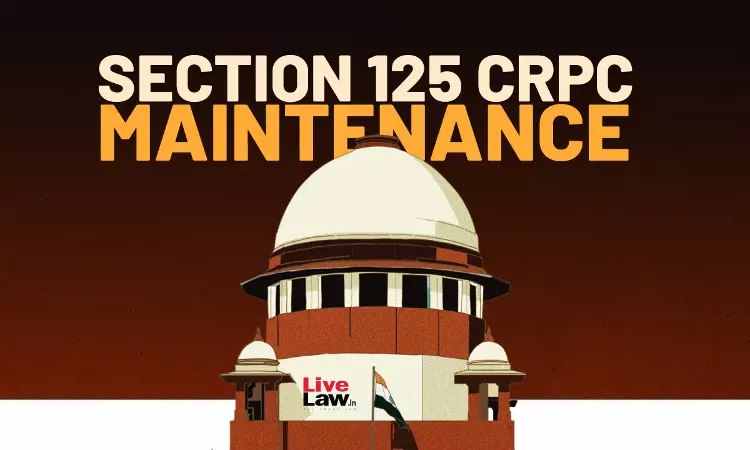- Home
- /
- Know the Law
- /
- Important Judgments on Section 125...
Important Judgments on Section 125 CrPC
Muneeb Rashid Malik
23 Jan 2023 7:47 PM IST
“This provision is a measure of social justice and specially enacted to protect women and children and falls within the constitutional sweep of Article 15(3) reinforced by Article 39. We have no doubt that sections of statutes calling for construction by courts are not petrified print but vibrant words with social functions to fulfil. The brooding presence of the...
Next Story



